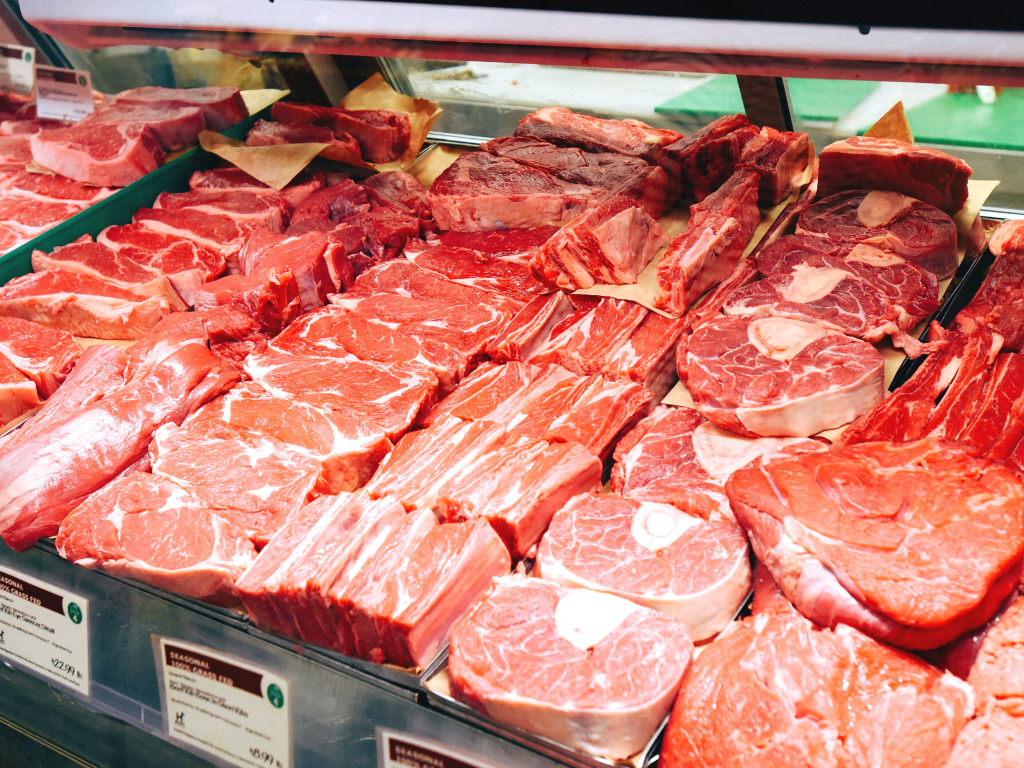Agri-Food Tech Investments Dropped 44% Last Year, But a Big Turnaround Is Just Ahead, Report Finds
3 Mins Read
A new report from AgFunder and Temasek reveals that funding to agri-food tech start-ups reached $29.6 billion in 2022 — down 44 percent from the previous year. But despite the decline, outlook for the category is positive.
According to the report, the decline in funding was largely in line with global venture capital markets, with the e-grocery market in China, cloud retail infrastructure, and North American alternative protein start-ups hit hardest.
“The global agri-food system is critical to supporting human life and yet as a system, is inefficient, inequitable, and causing inordinate strain on the planet,” Temasek says in the report.
Data from the United Nations points to a 60 percent increase in global food demand by 2050, including a 73 percent increased demand in animal protein.

“Existing food production practices account for a third of global greenhouse gas emissions, 70 percent of freshwater usage, and 80% of deforestation worldwide,” Temasek noted. “Geopolitical instability, protectionist government policies and unpredictable weather events have also fueled a global food crisis, with food price inflation threatening global food security.
“The need to invest for a resilient food system, that is also part of the climate change solution, has never been greater.”
The findings
According to the report, “cheap money” along with “increasingly outlandish tech valuations” drove 2021’s record-breaking $51.7 billion in food tech funding — an inflated number that could not be matched in 2022 amid war, inflation, and continued supply chain disruptions, “the market came crashing down in 2022.”
The report notes that there were no “mega deals” in 2022, which put it in stark contrast to recent years. More than four billion-dollar-plus deals happened in 2021, the report notes, and barring covid’s impact in 2020, there has been one deal worth more than $1 billion every year since 2016.
Funding for meal delivery programs, e-grocery, alternative protein, cloud retail, and midstream technologies declined more than 35 percent.

But climate-related categories, including bioenergy and biomaterials, ag biotech, novel farming systems, farm management software, sensing and IoT, all saw increased funding. Funding upstream in food production technologies, including farm tech and innovative food, raised significantly more capital than downstream.
The report also shows that African agri-food tech start-ups received 22 percent more funding last year than in 2021, with $600 million raised.
“There’s no denying the second half of 2022 was terrible for venture capital (VC),” AgFunder noted.
Climate-focused food system
The drop in 2022 may be short-lived, however. The report notes that many of the world’s macro challenges, including inflation, food insecurity, and labor shortages, are driving interest in agri-food tech investments.

A survey accompanying the report found industry VCs largely agree that the sector is playing a bigger role in the climate conversation. Those categories, including indoor agriculture, biotech, and precision agriculture, all saw funding increases.
“With more discipline from founders (and investors too!), the industry can capitalize on the growing interest in using technology to transform our food and agriculture system to be better for people and our planet,” reads the report. “[2023] could be a vintage year to invest in agrifoodtech.”




